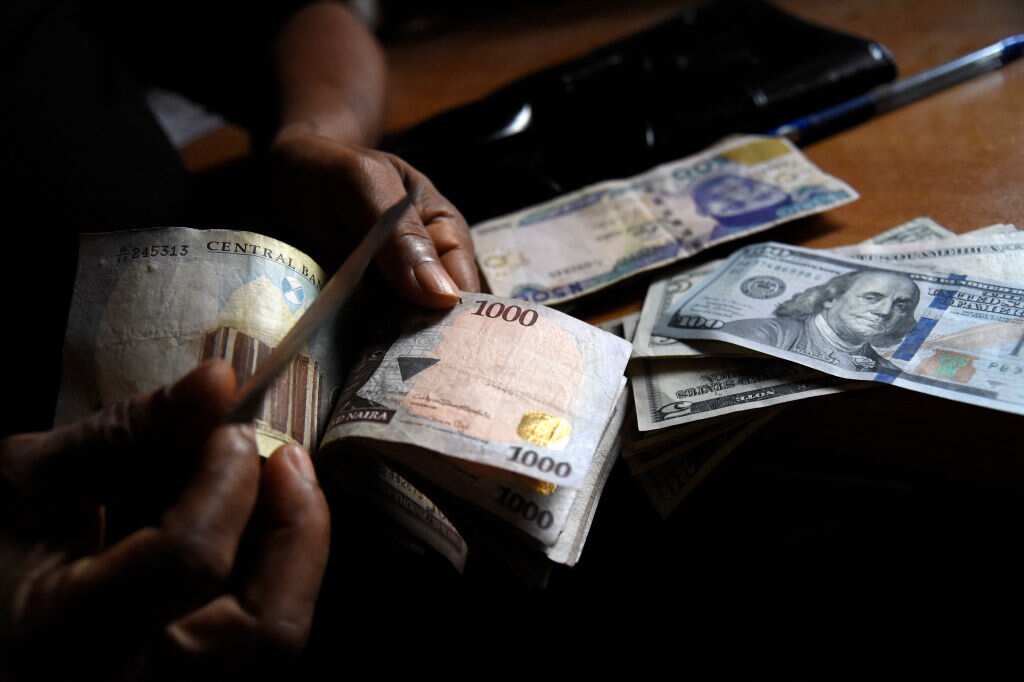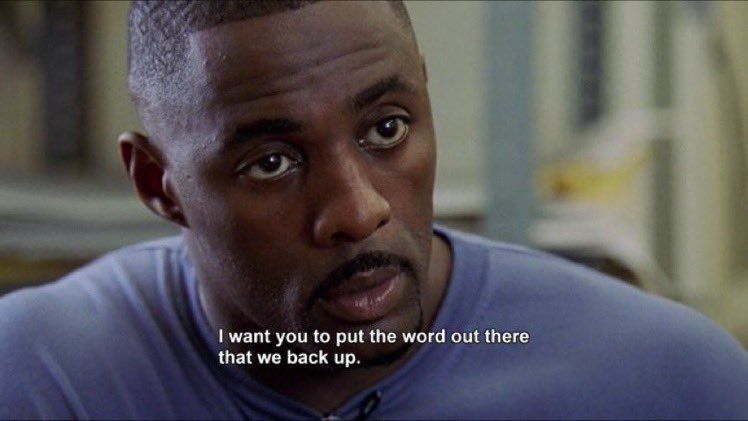BD Insider 179: CBN returns BDC to the forex market with a new rule
The Central Bank of Nigeria has reversed its stance on the operations of BDCs. We also shared a roundup of happenings in the African tech ecosystem.

You will be absolutely right if you described this week as “the week of appointments”. From 'Bosun Tijani's appointment as Nigeria’s minister of communications, innovation, and digital economy, to the announcement of Olumide Balogun as Google’s new director for West Africa.
In the last weekend brief, we told you that the co-founder of Kobo360, Obi Ozor was appointed as the commissioner of transport in Enugu, a state in South East Nigeria. Following this appointment, there were conversations about a possible conflict of interest, Ozor has now stepped down from his role as the CEO of the company.
Yesterday, Kobo360 announced top executive appointments including a Board Chair; Fola Adeola, who is the co-founder and former CEO of GT Bank. As well as, a new CEO, Cikü Mugambi and Ayo Fashina as COO.
We wish all the new appointees success in their roles!
Still inside the Weekend Brief, Jolomi writes on the Central Bank of Nigeria (CBN)’s latest stance on the operations of Bureau De Change (BDC) operators in the country. We also curated a roundup of happenings in the African tech ecosystem.
🗞️ The weekend’s top story
CBN returns BDC to the forex market with a new rule
The news: The CBN has released new operational guidelines for BDC operators in Nigeria to improve the efficiency of the foreign exchange market. “The spread of buying and selling by BDC operators shall be within an allowable limit of -2.5 to +2.5 of the Nigerian foreign exchange market window weighted average rate of the previous day,” says O.S Nnaji, director of CBN’s trade and exchange department.
This comes two years after the apex bank suspended the sale of forex to BDCs.

The bank also included guidelines for submitting periodic statutory reports and sanctions if the guidelines are broken. However, the bank did not explicitly state whether it would continue the sale of dollars to the BDCs.
This new policy is expected to stabilise the frequent exchange rate fluctuations.
Why it matters: BDCs are financial institutions licensed to carry out small-scale foreign exchange business on a stand-alone basis in Nigeria, serving as tools for the management of the exchange rate, and providing economic data for monetary policy decisions.
In 2021, Godwin Emefiele the now suspended governor of the CBN banned the sale of dollars to BDCs, significantly limiting their operations. In his speech announcing the ban, Emefiele accused BDCs of facilitating corruption and trading foreign exchange in wholesale quantities above the licensed limit of $5000.
After banning the dollar sales to the BDCs, the CBN transferred dollar sales for Personal Travel Allowance and Business Travel Allowance to commercial banks and increased FX supply to the lenders. However, due to the rising demand for dollars, the banks have not been able to meet the legitimate needs of customers as the CBN has reduced its dollar allocation to banks due to low FX inflows.
The CBN policy led to an increased difficulty for small and medium-scale enterprises that depend on the BDCs to access dollars in conducting their businesses.
Two years ago, the suspended CBN governor, Godwin Emefiele, stopped sales of forex to BDCs. Today, the new management of CBN brought them back. Will this help the naira? In my experience, yes. A whole lot. Let's see what history teaches. A short thread. pic.twitter.com/axp0gCwhuK
— The Mayowa Tijani (@OluwamayowaTJ) August 18, 2023
Know more: The ban on forex sales to BDCs was just one of the more bizarre policies of the Godwin Emefiele-led CBN government in managing the Nigerian economy. Since his suspension in June, the CBN has made some efforts to backtrack on several of those policies.
📰 What else happened this week?
- Meet the only African startup in Techstars New Orleans accelerator: Nigerian startup, PipeOps has been admitted into the inaugural class of the Techstars accelerator in New Orleans.
- Moniepoint enters the Nigerian retail banking market: After eight years of operating a B2B model, Nigerian fintech, Moniepoint wants to start offering retail banking services in the country, with the launch of a consumer app and debit card.
- Marketforce turns to crowdfunding in a bid to raise capital: Kenyan B2B buying app Marketforce is crowdfunding to raise $1 million at a $120 million valuation. The company, which raised $40m in a Series A funding round in 2022, is crowdfunding using the WeFunder platform.
- Chipper Cash lost its horn: An investigation by Forbes has revealed that African fintech startup, Chipper Cash is now an erstwhile unicorn after it cut its valuation by 70% amid failed acquisition talks with Zepz (formerly known as WorldRemit).
- Nigerian tech workers are going remote, and pricing out locals in smaller cities: Tech workers are leaving Lagos and Abuja — the country’s economic and political hubs, and flocking to cities like Ibadan, Jos, Benin City, Uyo, and Osogbo. Locals are lamenting an increased cost of living.
👝 Opportunities
- For Nigerian graduates: Pan-African edtech startup, uLesson is hiring graduates who have completed NYSC and have a minimum of a second-class in any degree.
- For African developers: MTN’s fintech, MoMo is hosting developers and innovators from 15 African countries, including Nigeria, Rwanda, South Africa, Ghana, and Cameroon, to participate in its online application programming interface hackathon. The top three winners will be rewarded with $5000, $3000, and $2000 respectively.
- For tech entrepreneurs: The SaaS Accelerator Programme: Africa 2023 is currently receiving applications for its accelerator program to enable early-stage startups in Africa to receive up to $70,000 in funding.
Have a great weekend!
Do you want more like this?
Click below.






